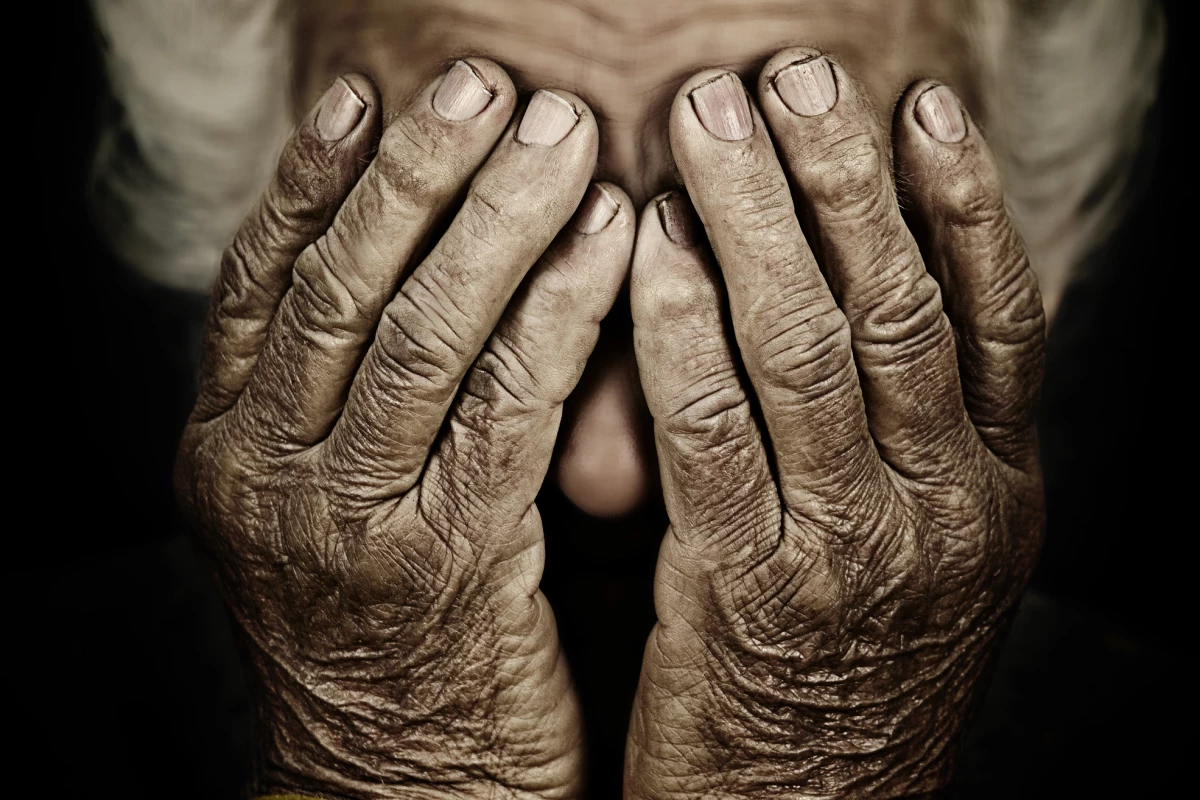Statistically, it’s unlikely that most of us will ever reach our 110th birthday, so scientists are fascinated by those few that do. In a new study, researchers looked at the immune systems of people who have hit the milestone, and found that they have a high number of a particular type of immune cell that’s rare even in healthy, younger people.
Even in our world of modern medicine, supercentenarians (people over the age of 110) are extremely rare, with estimates saying there are less than 1,000 such people worldwide. Perhaps not surprisingly, previous studies have shown that people who make it to 110 years old generally seem to avoid illnesses like cancer or infections throughout their whole lifetimes.
So for the new study, researchers at the RIKEN Center for Integrative Medical Science (IMS) and Keio University set out to examine the immune systems of supercentenarians and compare them to younger people. They took over 40,000 cells from seven supercentenarian subjects, and about 20,000 cells from five control subjects, aged in their 50s to 80s.
There were a few major differences between the immune cells of the supercentenarians and those of the younger control group. The older subjects had fewer B cells – those that produce antibodies to fight pathogens – but had about the same number of T cells, the foot soldiers of the immune system.
But the real surprise was that compared to the controls, the supercentenarians had a much higher level of one particular type of T cell. Cytotoxic cells kill other cells, and while they accounted for between 10 and 20 percent of all T cells in the control group, up to a whopping 80 percent of the supercentenarians’ T cells were cytotoxic.
Even more interesting was where these special cells had come from. Normally, cytotoxic cells have a marker known as CD8, while others with a CD4 marker are not cytotoxic. The team’s original assumption was that the older folk must have had more CD8-positive cells, but that wasn’t the case. Instead, it appeared that their CD4-positive cells had become cytotoxic.
The team then examined the cells of the young subjects, and found that they had relatively few cytotoxic CD4 cells. This suggests that rather than having immune systems that are “young” for their age, the supercentenarians have actually adapted to the late stages of aging in their own unique way. On closer examination of the blood cells of two supercentenarians in particular, the team found that the cells had been created as clones of a single ancestor cell.
Of course, more work will need to be done, given the very small test group. But overall, the study helps to paint a fuller picture of health in aging.
“CD4-positive cells generally work by generating cytokines, while CD8-positive cells are cytotoxic, and it may be that the combination of these two features allows these individuals to be especially healthy,” says Piero Carninci, corresponding author of the study. “We believe that this type of cells, which are relatively uncommon in most individuals, even young, are useful for fighting against established tumors, and could be important for immunosurveillance. This is exciting as it has given us new insights into how people who live very long lives are able to protect themselves from conditions such as infections and cancer.”
The research was published in the journal PNAS.
Source: RIKEN




